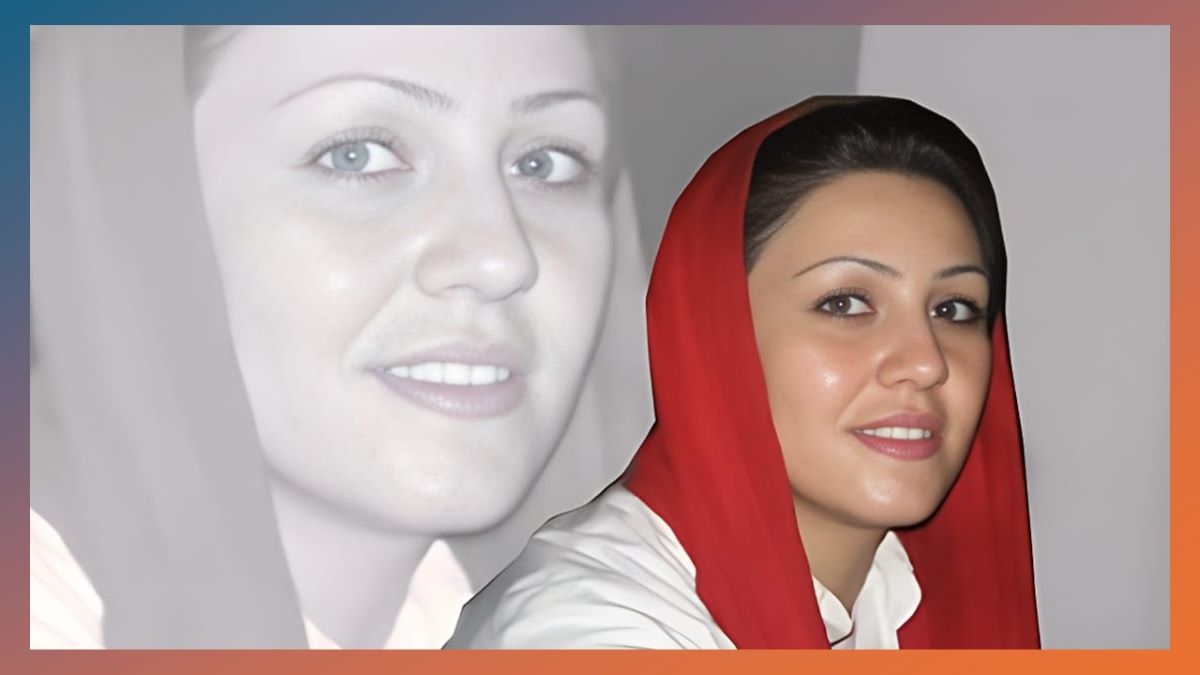Maryam Akbari Monfared, a prominent political prisoner in Iran, continues to face legal challenges as she approaches the end of her 15-year sentence. Her case has become a stark illustration of the ongoing human rights violations in Iran’s judicial system.
Hossein Taj, Maryam Akbari’s lawyer, recently revealed that while her initial 15-year term concludes in October 2024, she has been sentenced to an additional two years in prison for a separate case. Moreover, the Executive Headquarters of Imam’s Directive (Setad) has filed a request to seize her property, as well as that of her family and relatives.
The new case against Mrs. Akbari has been referred to the Sixth Branch of the Revolutionary Court, which specializes in cases related to Article 49 of the Constitution. This development adds another layer of complexity to her already challenging legal situation.
Maryam’s story is deeply rooted in Iran’s political history. She is the sister of four political prisoners, two of whom were executed between 1980 and 1985 for opposing the regime and supporting the People’s Mojahedin Organization of Iran (PMOI). Her other sister and brother, also PMOI supporters, were executed during the 1988 massacre of political prisoners.
Throughout her imprisonment, Maryam Akbari has been denied basic rights. She has not been granted a single day of leave and has been deprived of adequate medical services. These conditions have drawn repeated condemnation from Amnesty International and other human rights organizations.
Prisoner of conscience #MaryamAkbariMonfared has been held in inhumane conditions in a distant prison in Semnan since March in reprisal for seeking truth & justice for her siblings who were forcibly disappeared & secretly executed in Iran's #1988Massacre https://t.co/HEViTRySHs pic.twitter.com/Ie6q9b4uBV
— Amnesty Iran (@AmnestyIran) August 27, 2021
Despite the hardships, Maryam Akbari Monfared’s case continues to shine a light on the struggle for justice and human rights in Iran. Her resilience in the face of ongoing persecution serves as a powerful reminder of the human cost of political repression and the enduring spirit of those who stand against it.
